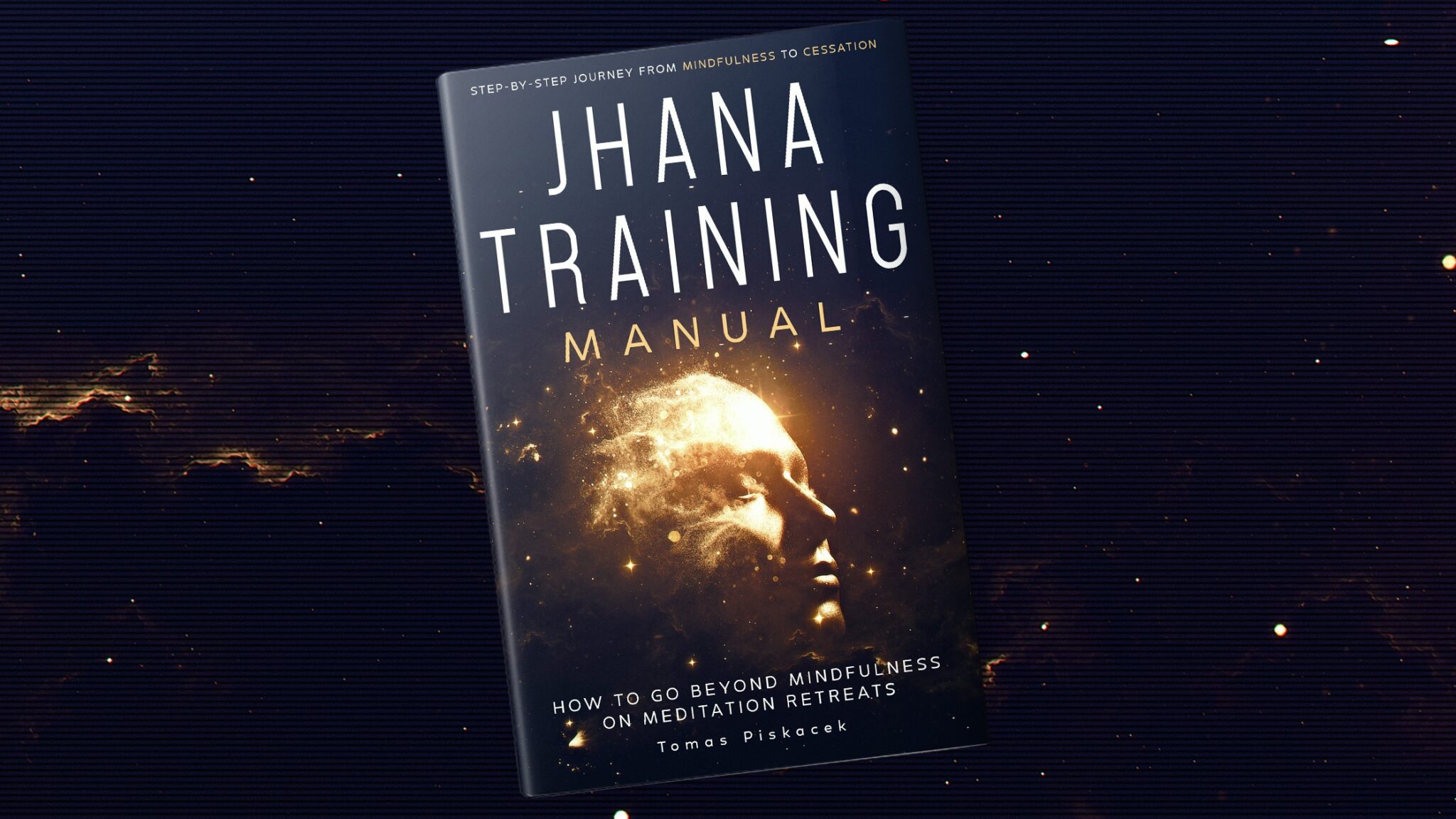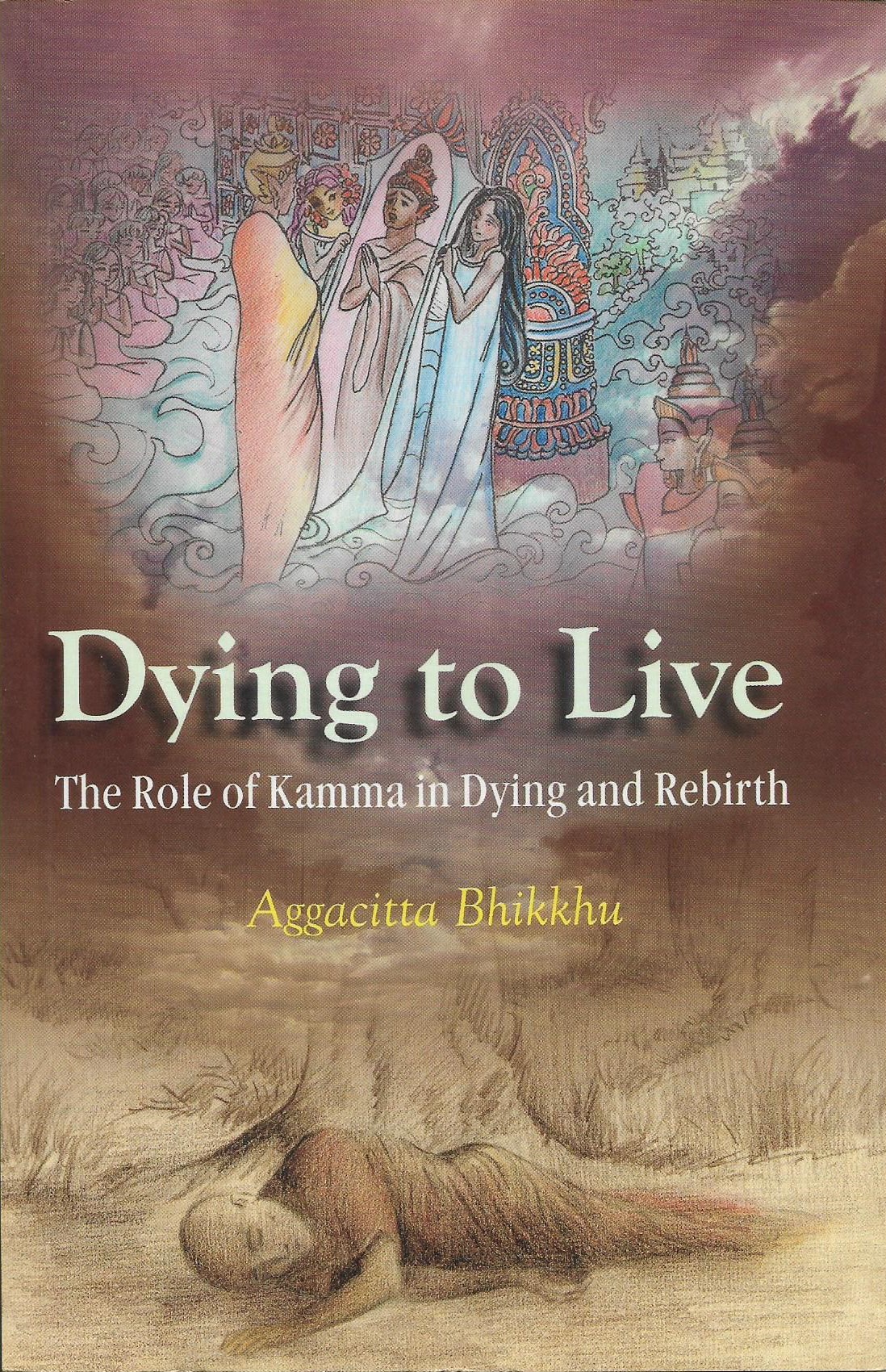Jhana Training Manual
by Tomas Piskacek
Step-by-step journey from Mindfulness to Cessation: This manual provides comprehensive practical guidance for developing the jhanas—profoundly serene and blissful states of meditative concentration. It is designed for mind training in meditation retreat settings and includes on- and off-the-cushion practical advice.
Jhana Training Manual Read More »









